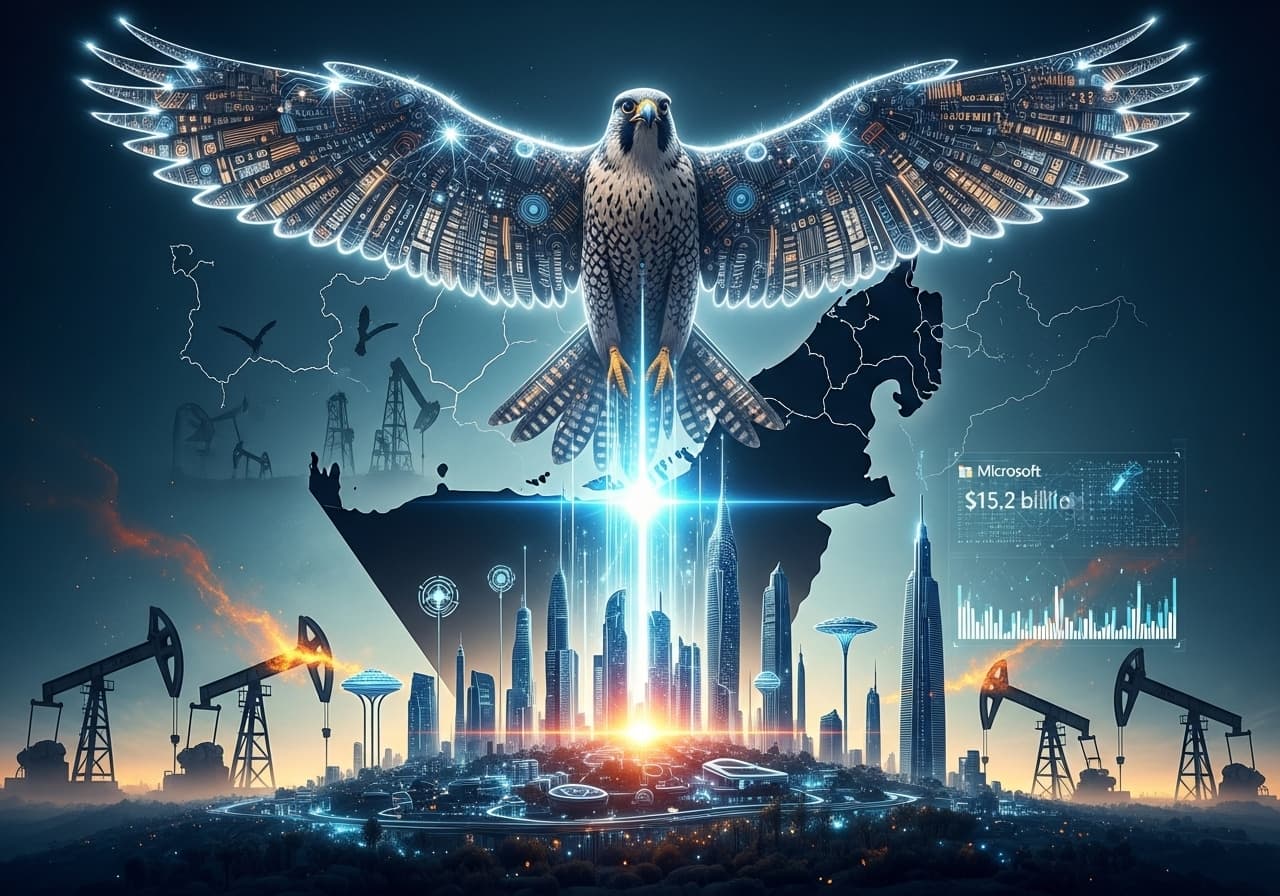Dubai has a bold goal: by 2030, it wants a quarter of its new buildings to be constructed using 3D printing. That's not just a far-off idea; it's a firm policy. But it needs one thing above all else: a workforce that knows how to build the future.
Now, a massive investment from Microsoft looks like the final piece of that puzzle, and it’s set to make the UAE a global hub for artificial intelligence.
What the Plan Looks Like
Microsoft just rolled out a program called "Microsoft Elevate UAE." This isn't just another corporate initiative. It's backed by a $15.2 billion investment into the country's digital infrastructure, a clear signal of where things are headed in 2025 and beyond.
The goal is to train over 250,000 people in practical AI skills, creating a deep talent pool for the new economy. Let's break down who this will reach:
- Students & Teachers: The program will expand across all UAE educational institutions. The initial push targets 10,000 teachers and 150,000 students in GEMS private schools alone.
- Government Employees: In a partnership with G42 and the JAHIZ platform, Microsoft will train 55,000 federal government employees, aiming to create one of the world's most tech-forward public sectors.
So, What Will They Actually Learn?
This isn't just about learning to code. The training is tailored to have a real-world impact.
For the 150,000 students, the focus is on AI literacy. Think of it as the new ABCs for the digital age. They’ll learn the basics of generative AI, how to solve problems with tools like Copilot, and the ethics behind building responsible tech. The idea is to weave AI into every subject, from art class to physics.
For the 55,000 government employees, the training is all about efficiency. The curriculum will focus on using AI for better data analysis to shape public policy, automating routine tasks, and delivering smarter, faster services to the public.
The Real-World Impact
This massive skills injection is designed to do one primary thing: diversify the UAE's economy away from its traditional reliance on oil and tourism. By creating a huge reserve of AI talent, the country is positioning itself as the obvious choice for future-focused industries.
This will drive demand for completely new jobs: AI prompt engineers, machine learning specialists, smart city managers, and data scientists who focus on sustainable energy. It directly supports goals like the 3D printing initiative by ensuring skilled people are ready to design and operate the technology.
Global finance is already taking note. One senior analyst from a leading Middle East Tech & Innovation Fund commented:
"Microsoft's $15.2 billion investment, coupled with this massive skilling push, signals a powerful vote of confidence in the UAE's long-term economic diversification and its real estate market, as a highly skilled workforce drives demand for premium living and working spaces."
In the end, Microsoft Elevate UAE is more than today's news. It’s a clear statement that the future is arriving in the UAE first, and the country is making sure its own people are the ones building it.


